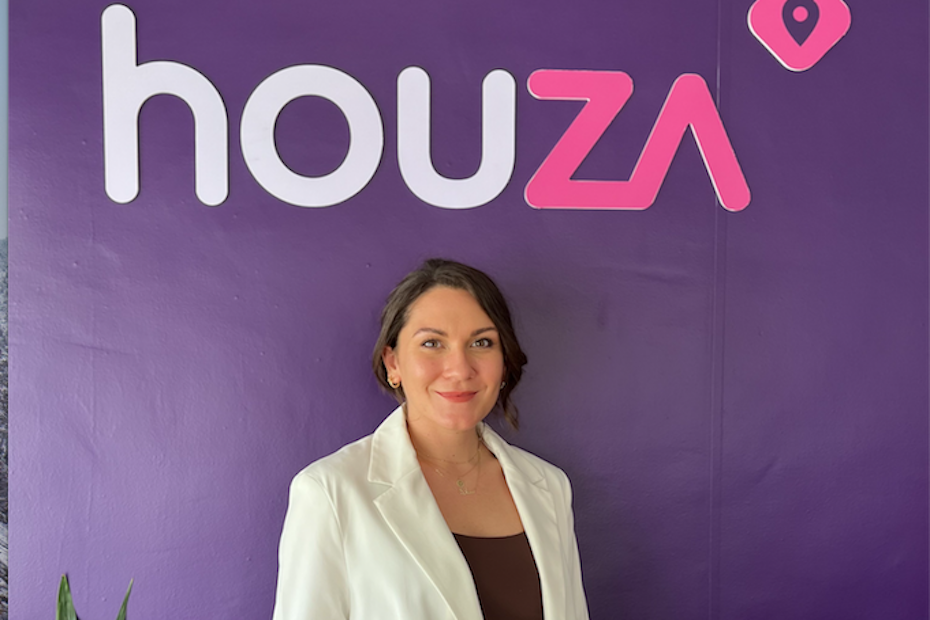On Wednesday, July 27, we saw another interest rate hike from the US Federal Reserve, followed soon after by the UAE Central Bank raising rates in the country. Was this a surprise? In short, no.
In June, US inflation hit a 40-year high, with consumer prices rising 9.1% over the past 12 months. We’ve had several interest rate hikes already this year, and the latest 75 basis point hike comes as no surprise. With two consecutive increases of 75 basis points, it supports the US Federal Reserve’s position on the determination to curb inflation and accelerate increases.
But what does this mean for the everyday buyer or investor in the UAE? We can look at this from two angles. First, the direct impact on mortgage lending. Second, the indirect impact on outstanding debt and its impact on an individual’s budget and affordability. For the former, looking back, we have been through a period of relatively low interest rates over the past few years, thanks to Covid-19. This has naturally led many buyers to perceive current rates as astronomically high, when in fact they are not.
Before Covid, the average fixed rate mortgage was around 4%. At the height of the pandemic, rates fell to less than 3%. However, with the latest Fed increases, according to Holo.ae, we expect just under 4% with a 3-year fixed rate. Although fixed rate mortgages are becoming increasingly difficult to find as banks proceed with caution, they are there and knowing that their payments are fixed for the foreseeable future allows buyers and investors to better plan financially. A plan that puts an end to the worry of having to pay an extra sum of thousands of dirhams in mortgage payments without knowing when they will come back.
For those actively looking for a home now, the cost of mortgage payments may seem high, but the alternative is to stay in the rental market. A market which is also up 20% over one year and which continues to progress. So while it might be a tough pill to swallow, buying now and holding onto it for many years means you’re at least paying into your own assets, not someone else’s.
With regard to the latter impact, the rise in interest rates is felt on all of an individual’s outstanding debt. Rising auto loan payments, credit card debt, and other debts also impact an individual’s disposable income and affordability when looking to buy. In recent months, there has been evidence that buyers are adjusting their budgets and are unwilling to meet sellers’ demands in the villa market. While villa prices have increased by 20% year-on-year, we are now seeing villa activity slowing down and prices stabilizing. This has drawn a lot of attention to apartments that haven’t seen the big price increases like villas, leading buyers to make trade-off decisions – do they need an extra bedroom? Do they need the garden?
Looking specifically at the VEFA market, inquiries and transactions remain high as the model provides investors and end users with the ability to buy without the added pressure of current interest rate hikes. For units handed over in 2024/2025 for example, we expect interest rates to be relatively lower, so buyers looking to mortgage the post-transfer amount might be in a much better position for the TO DO.
Sarah Hewerdine is Head of Marketing at houza.com

